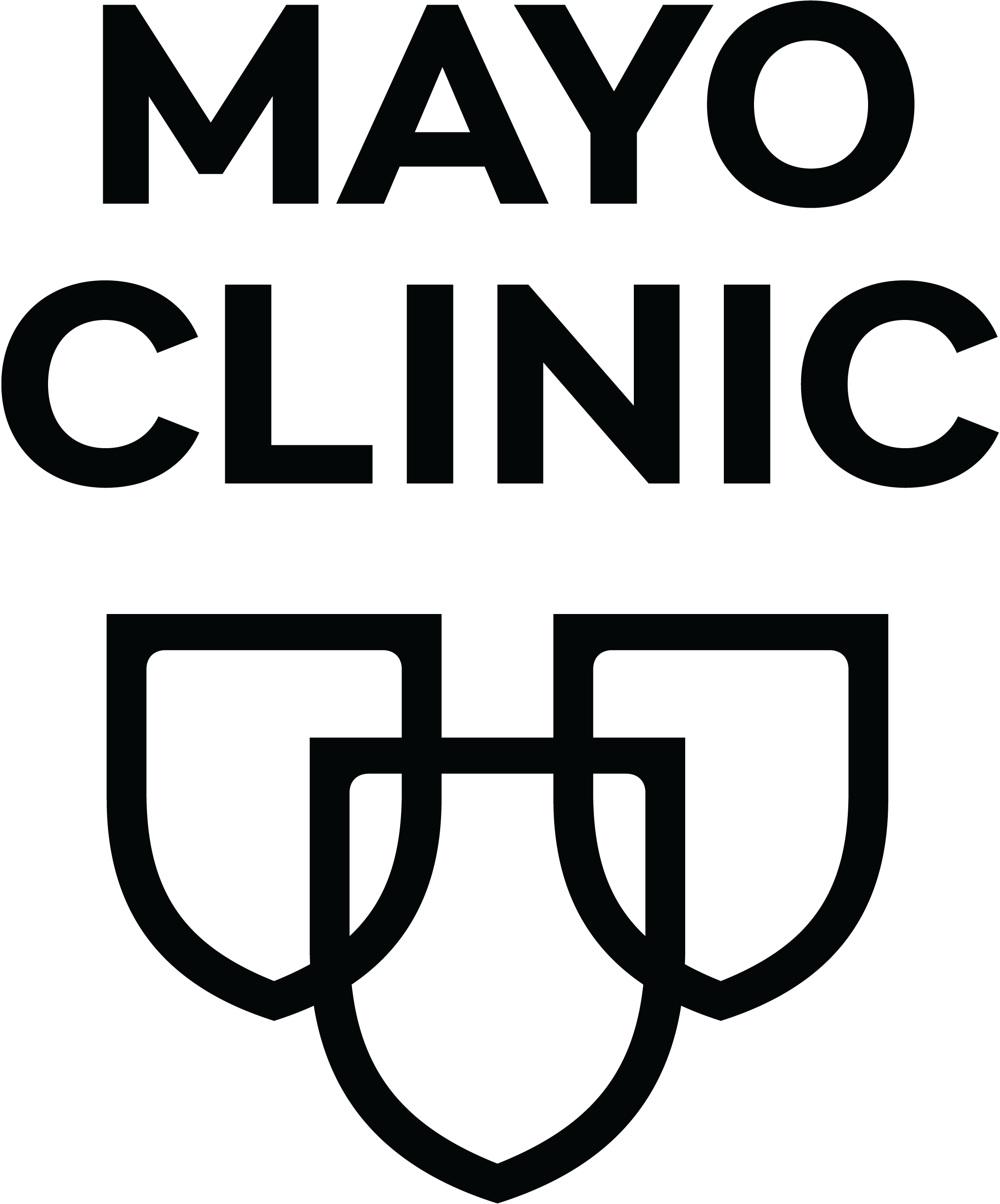Drinking enough water: One less thing to worry about
8/8/2019 by Dr. John Wilkinson

Many people seem to feel slightly guilty about not drinking enough water or about never feeling thirsty. Some even believe they may be chronically dehydrated with unknown, but ominous, consequences. But for virtually all healthy individuals, we don't need to worry.
We have finely tuned systems, mainly thirst, to ensure that our fluid intake is completely adequate. Our bodies signal us to drink long before we are actually dehydrated; there's no reason to worry if you rarely feel thirsty.
While plain water has its advantages, it's certainly not our only source of hydration. We get much of our daily needs from juices, tea, coffee and soft drinks, as well as food, since water is a main component of fruits and vegetables.
Medical myths that are all wet
The idea that we must drink at least eight glasses of water a day has been around for decades. In my practice, it's not unusual for one spouse to ask me to intervene and urge the other spouse to "drink more water." This idea may have sprung from a 1945 recommendation that stated, "A suitable allowance of water for adults is 2.5 liters (84 ounces) daily ... Most of this quantity is contained in prepared foods." Somehow, the last sentence is often ignored, leading to the eight-glasses-a-day myth.
Dehydration concerns don't hold water
Still, every summer well-meaning individuals and many news organizations feel compelled to remind us to drink more water. We read warnings about dehydration, implying that healthy adults and children are walking around inadequately hydrated or that an epidemic of dehydration is responsible for a variety of health concerns.
For instance, in 2013 CBS reported that, "75% of Americans may be functioning in a chronic state of dehydration, many mistaking the symptoms for other illnesses ... and a slew of health issues including fatigue, joint pain and weight gain." They advised, "Drink plenty of water!" It turns out the 75% number has been floating around the internet for years.
Turning the tide
An independent, evidence-based group HealthNewsReview.org has concluded this flood of claims is not supported by good science, and there is "no evidence that most Americans exist in a stat of unwitting desiccation." They highlight an authoritative 2004 report by the Institute of Medicine that, "Women who are adequately hydrated consume an average of about 2.7 liters of water daily, while men average 3.7 liters daily; about 80% of that water comes from beverages of all kinds, with 20% from food."
The same report also stated, "We don't offer any rule of thumb based on how many glasses of water people should drink each day because our hydration needs can be met through a variety of sources, in addition to drinking water. On a daily basis, people get adequate amounts of water from normal drinking behavior — consumption of beverages at meals and in other social situations — and by letting their thirst guide them."
Floating suggestions for health benefits of extra water
Contrary to many stories you may hear, there's no real scientific proof that, for otherwise healthy people, drinking extra water has any health benefits.
For instance, there's no evidence that drinking more water keeps skin hydrated or makes it look healthier or wrinkle free. Neither is there any connection between drinking water and weight control in adults.
While increased water intake in healthy people doesn't enhance kidney function, it may, in specific circumstances, prevent the recurrence of certain types of kidney stones.
Real dehydration, when your body has lost a significant amount of water because of illness, excessive exercise or sweating, or an inability to drink, is a serious issue. But people with clinical dehydration almost always have symptoms of some sort. In addition, the frail elderly, often with some degree of cognitive decline, may lose their sense of thirst and be chronically dehydrated, with poorer outcomes.
Carried along on currents of cash
As bottled water sales continue to rise each year, it's worth noting that many of the studies and news reports trying to convince us to drink more water are often sponsored in some way by the multibillion-dollar beverage industry.
Unintended consequences
HealthNewsReview.org contributor Dr. Yonni Freedhoff, an assistant professor of family medicine at the University of Ottawa, sees no harm in drinking water when you're not thirsty, but said, "The main risk of sounding the dehydration alarm is that people will choose beverages other than water to rehydrate, with many of them packing huge punches of free sugars."
In extreme cases, drinking excess amounts of water can be dangerous, resulting in water intoxication or hyponatremia, especially in athletes.
Bottom line: No need to worry
Drinking a great deal of extra water is definitely not necessary. If you're exercising or working in the heat, take time to cool off and drink fluids and be aware of thirst. But there's no formal recommendation for a daily amount of water that people need. That depends on what you eat, how big you are and what you're doing. As Mary Chris Jaklevic wrote in HealthNewsReview.org, "Now that's advice we all can swallow."
Dr. John Wilkinson is a family physician in Employee and Community Health's (ECH) Department of Family Medicine in the Baldwin practice. He received his MD from Mayo Medical School and completed his residency in Family Medicine at Mayo Clinic in Rochester. His interests include continuing medical education and preventing over-diagnosis and over-treatment through evidence-based medicine.
